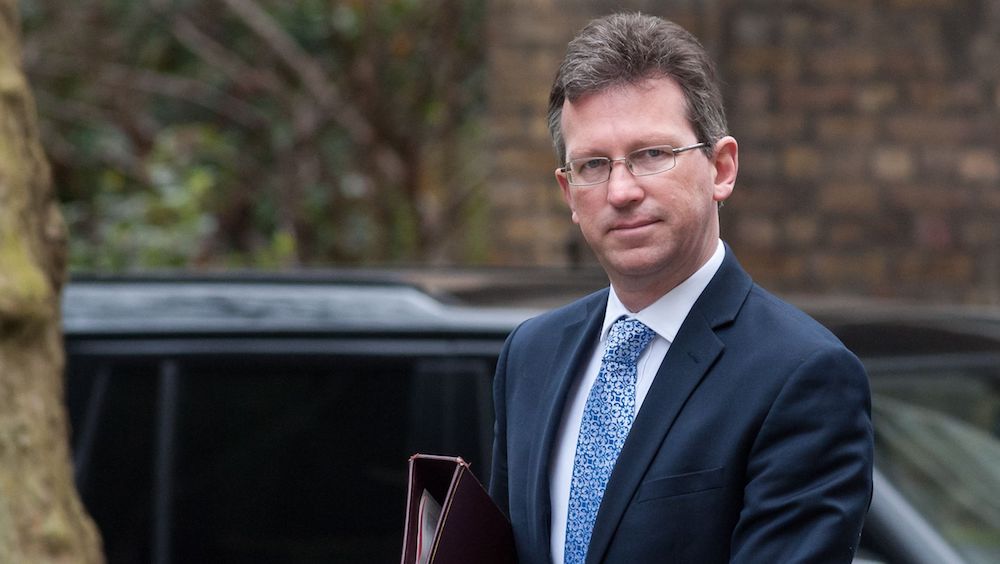U.K. Culture Secretary: Supporting Broadcasters ‘Vital’ to Brexit Negotiations
By Robert Mitchell
LOS ANGELES (Variety.com) – Britain’s minister for culture Jeremy Wright has sought to reassure U.K. broadcasters with concerns of how ongoing Brexit negotiations might affect the sector. Speaking Wednesday at the Edinburgh Television Festival, in his first public speech since taking up his post in July, Wright said that supporting British broadcasters and the media industry would be a “vital” part of negotiations to ensure that the sector could remain strong.
“I know that there is concern about how talent will be able to move between the U.K. and the E.U. after [Brexit],” said Wright. “I can say that the government well and truly understands how important mobility is for this sector. Strong public service broadcasters mean a strong broadcasting sector as a whole. They are vital in helping all broadcasters find talent, and one of the things I have heard loud and clear already is how important it is to find the right talent in this industry.”
Although he acknowledged that any final outcome was subject to the U.K.’s future immigration system after Brexit, Wright reiterated that the government was seeking “to agree [on] a framework for mobility” with the E.U., which would include reciprocal arrangements to allow British nationals to visit the E.U. without a visa for short-term business reasons and vice versa. That would be crucial for European talent to work in Britain’s booming production sector.
Wright also said that the government was working on a “broader accord with the E.U. on culture and education that will, among other things, allow for the temporary movement of goods for major events, tours, exhibitions, and productions.”
“I recognize, of course, that there are still issues to be resolved and you have my assurance that I will make the case for the interests of this sector as we seek to resolve them,” Wright said. “But regardless of our settlement with the E.U., broadcasting will remain a vital part of what Britain offers the world.”
Wright also welcomed Channel 4’s move , announced in March, to set up three new regional hubs, including a new national headquarters, which would co-exist with its existing London base. Wright said the media could not be “clustered” in London and said he hoped other broadcasters and producers would follow ’s lead and “encourage the spread of jobs, prosperity, and opportunity beyond London.”
“In a fast-changing media environment, it is more important than ever for broadcasters to reach out and reflect the U.K. as a whole,” said Wright. “A media that is clustered in the capital can’t possibly reflect and represent the rich and diverse tapestry that is the United Kingdom.”
Channel 4 announced seven potential locations for the new headquarters in May, including Bristol, Cardiff, Glasgow, Leeds, Liverpool, Manchester, and the West Midlands. The broadcaster has committed to allocating half of its £700 million ($902 million) core programming budget to shows from outside the British capital. The proposed increase in regional spending, from the current 35%, means an extra £250 million going into localized production by 2023.

